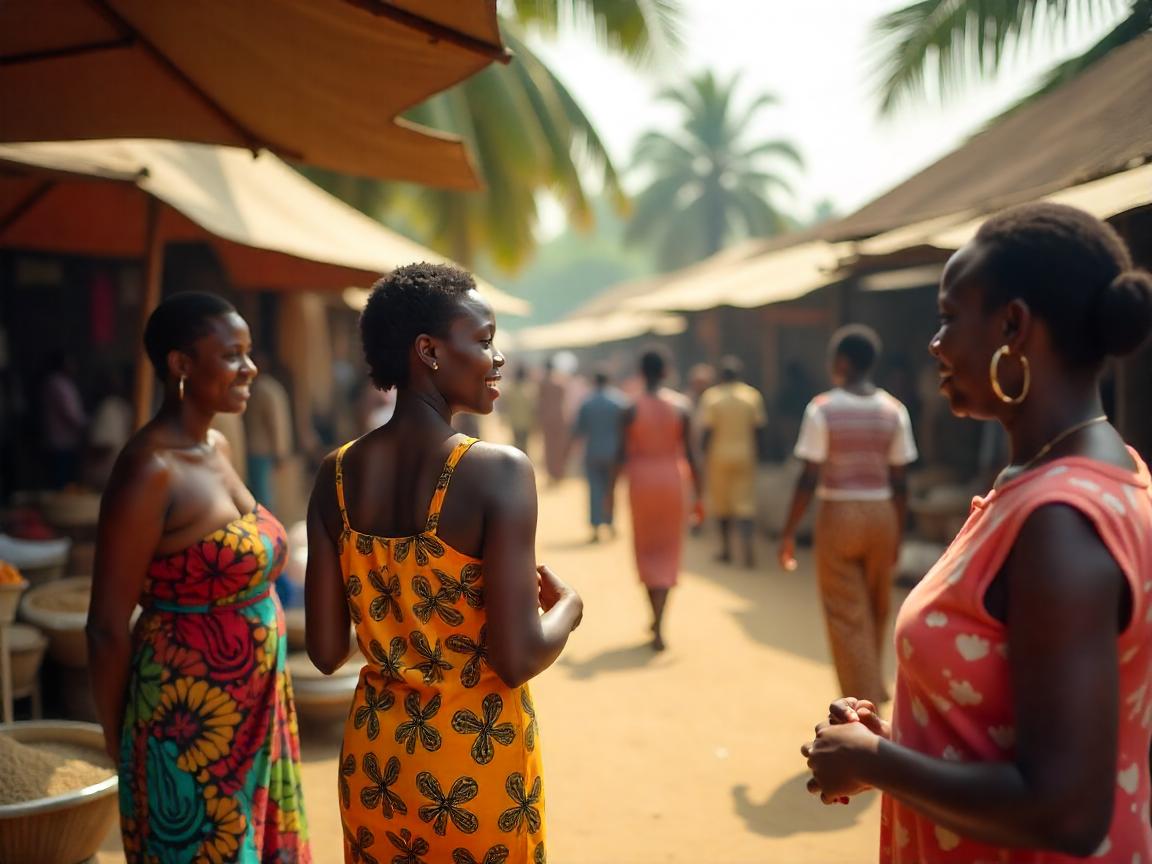≡-Nigeria Struggles with Seven Billion in Losses Annually to Medical Tourism and Major Healthcare Challenges – Viral of Today
<> Viral of Today <>
Home » TOURISM NEWS » Nigeria Struggles with Seven Billion in Losses Annually to Medical Tourism and Major Healthcare Challenges Friday, June 27, 2025Afreximbank, one of Africa’s most prominent financial institutions, has revealed that African countries, including Nigeria, are losing approximately $7 billion annually to medical tourism. This growing trend has significant consequences for the continent’s foreign exchange and is hindering the development of local healthcare systems. The financial drain is not just an economic issue but also a barrier to the advancement of healthcare development in Africa.The Strain on Africa’s Healthcare SystemsAt the 32nd Afreximbank Annual Meetings in Abuja, Mrs. Oluranti Doherty, Afreximbank’s Managing Director for Export Development, discussed the profound impact of the ongoing capital outflow. The trend of medical tourism in Africa is especially damaging to countries like Nigeria, where approximately $1.1 billion is lost each year as citizens travel abroad for medical care. Across the entire continent, the cumulative loss from medical tourism totals around $7 billion annually, further straining already fragile healthcare systems.Key Data:Nigeria healthcare system loses about $1.1 billion annually to medical tourism.Africa’s total loss due to medical tourism is approximately $7 billion each year.The loss of these funds has a direct effect on the ability of African nations to reinvest in their own healthcare infrastructure. The outflow of money makes it difficult for governments to improve local medical services, which could lead to better healthcare solutions and enhanced access for the population.The Growing Medical Professionals Brain DrainIn addition to the economic losses, the issue of medical tourism in Africa is compounded by a significant “medical professionals brain drain.” Many of Africa’s best healthcare workers are leaving the continent in search of better opportunities in countries such as India, the Middle East, the United States, and Europe. This outflow of skilled doctors and healthcare specialists is depriving African countries of the medical expertise they desperately need to improve local healthcare services.The exodus of talent exacerbates the challenges facing healthcare systems in African nations, making it more difficult to tackle health crises and develop effective, locally-driven solutions. As more healthcare professionals leave, the demand for treatment abroad increases, creating a continuous cycle that is hard to break.Afreximbank’s Response: Driving Healthcare Development in AfricaIn response to the challenges posed by medical tourism in Africa, Afreximbank has launched several initiatives to support healthcare development in Africa. One of the key Afreximbank initiatives is the Health and Medical Tourism Programme, which was established in 2012. The programme aims to curb the financial drain caused by medical tourism and instead direct resources toward strengthening local healthcare systems.One of the flagship projects of this initiative is the Africa Medical Center of Excellence (AMCE) in Abuja, Nigeria. This state-of-the-art facility, featuring 170 beds and advanced medical technologies such as a three-Tesla MRI and an 18 MeV cyclotron, is a prime example of Afreximbank’s commitment to improving healthcare infrastructure across the continent. The bank has invested over $450 million in the AMCE to provide medical services that meet global standards, offering a viable alternative to seeking treatment abroad.Key Features of AMCE:A 170-bed facility equipped with cutting-edge technology.Includes an 18 MeV cyclotron and a three-Tesla MRI.Designed to offer world-class healthcare comparable to international standards.Raising the Standard of Healthcare in AfricaAfreximbank’s efforts through AMCE are not just about improving local medical infrastructure—they aim to set new standards for healthcare in Africa. Mrs. Doherty emphasized that the AMCE was designed to provide care that meets global standards, encouraging African nations to develop homegrown solutions to their healthcare challenges. By creating top-tier facilities like AMCE, Afreximbank is fostering a new era of healthcare development in Africa, one that focuses on self-sufficiency and local expertise.For these initiatives to succeed, however, African citizens must have confidence in the local healthcare system. Strengthening the trust between the population and local healthcare providers is key to reducing the need for medical tourism and ensuring that more people seek care within their own countries.The Road Ahead: Strengthening Local Healthcare SystemsWhile the economic impact of medical tourism continues to be a significant concern for many African nations, Afreximbank’s initiatives are providing hope for long-term solutions. By investing in healthcare infrastructure and working to retain medical talent, African nations can begin to reverse the trend of seeking treatment abroad. With continued efforts, countries like Nigeria can improve their healthcare systems and reduce their reliance on foreign medical services.Conclusion: Combating the Economic Impact of Medical TourismThe growing loss of funds to medical tourism in Africa is a major issue for the continent’s economy and healthcare systems. However, with targeted Afreximbank initiatives like the Africa Medical Center of Excellence, there is a real opportunity for Africa to overcome these challenges. By investing in healthcare infrastructure, retaining skilled medical professionals, and building trust in local services, African nations can reduce the financial drain caused by medical tourism and take significant steps toward achieving a more self-sufficient healthcare system.
This information will surprise you!
See also
- Read until the end to discover everything.
- Important information you need to know.
- Interesting facts and helpful tips.
Conclusion
Did you enjoy the news? Keep following us daily!













